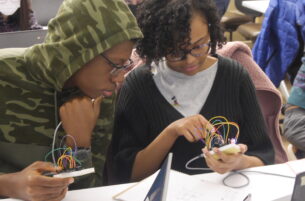From desktops and laptops to phones and tablets to virtual reality, wearable devices, the Internet of Things, and robotics, technologies based on computing are all around us. The field of human-computer interaction (HCI) studies how we interact with these technologies, and how those technologies in turn shape our world. HCI researchers seek to improve how humans interact with technology, to understand the societal impact of technologies, and to invent new technologies that alter the way we perceive and navigate the world around us.
UChicago CS includes many researchers and lab groups that investigate these angles using interdisciplinary, user-centered, and physical-computing approaches. Faculty and students design more usable privacy and security tools, improve how users interact with robots, programming languages, and IoT devices, and make technologies more inclusive for marginalized and underserved populations. Other groups design wearable devices and user interfaces that augment human abilities and create more seamless integration between the virtual and natural environments.
Labs & Groups
CANON (Computing for Anyone) Lab
Human-Robot Interaction (HRI) Lab
SAND (Security, Algorithms, Networking and Data) Lab
SUPER (Security, Usability, & Privacy Education & Research) Group
3DL
Network Operations and Internet Security (NOISE) Lab
Amyoli Internet Research (AIR) Lab
Human-Computer Integration Lab
Chicago Human + AI (CHAI) Lab
AxLab – Actuated Experience Lab
AI & Me (AIM) Group
Data Cognition Lab
Related Faculty
News & Events

Unveiling Attention Receipts: Tangible Reflections on Digital Consumption
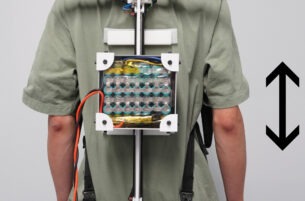
UChicago Computer Scientists Design Small Backpack That Mimics Big Sensations
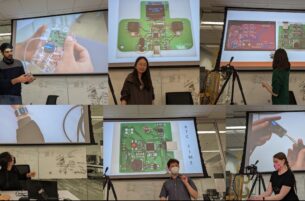
Computer Science Class Shows Students How To Successfully Create Circuit Boards Without Engineering Experience
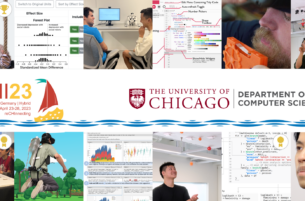
UChicago CS Researchers Shine at CHI 2023 with 12 Papers and Multiple Awards
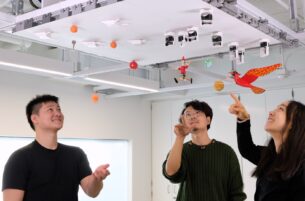
New Prototypes AeroRigUI and ThrowIO Take Spatial Interaction to New Heights – Literally
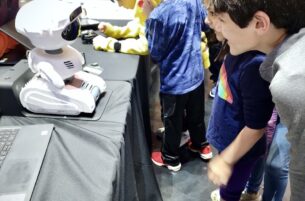
Computer Science Displays Catch Attention at MSI’s Annual Robot Block Party

UChicago, Stanford Researchers Explore How Robots and Computers Can Help Strangers Have Meaningful In-Person Conversations

Asst. Prof. Rana Hanocka Receives NSF Grant to Develop New AI-Driven 3D Modeling Tools


















